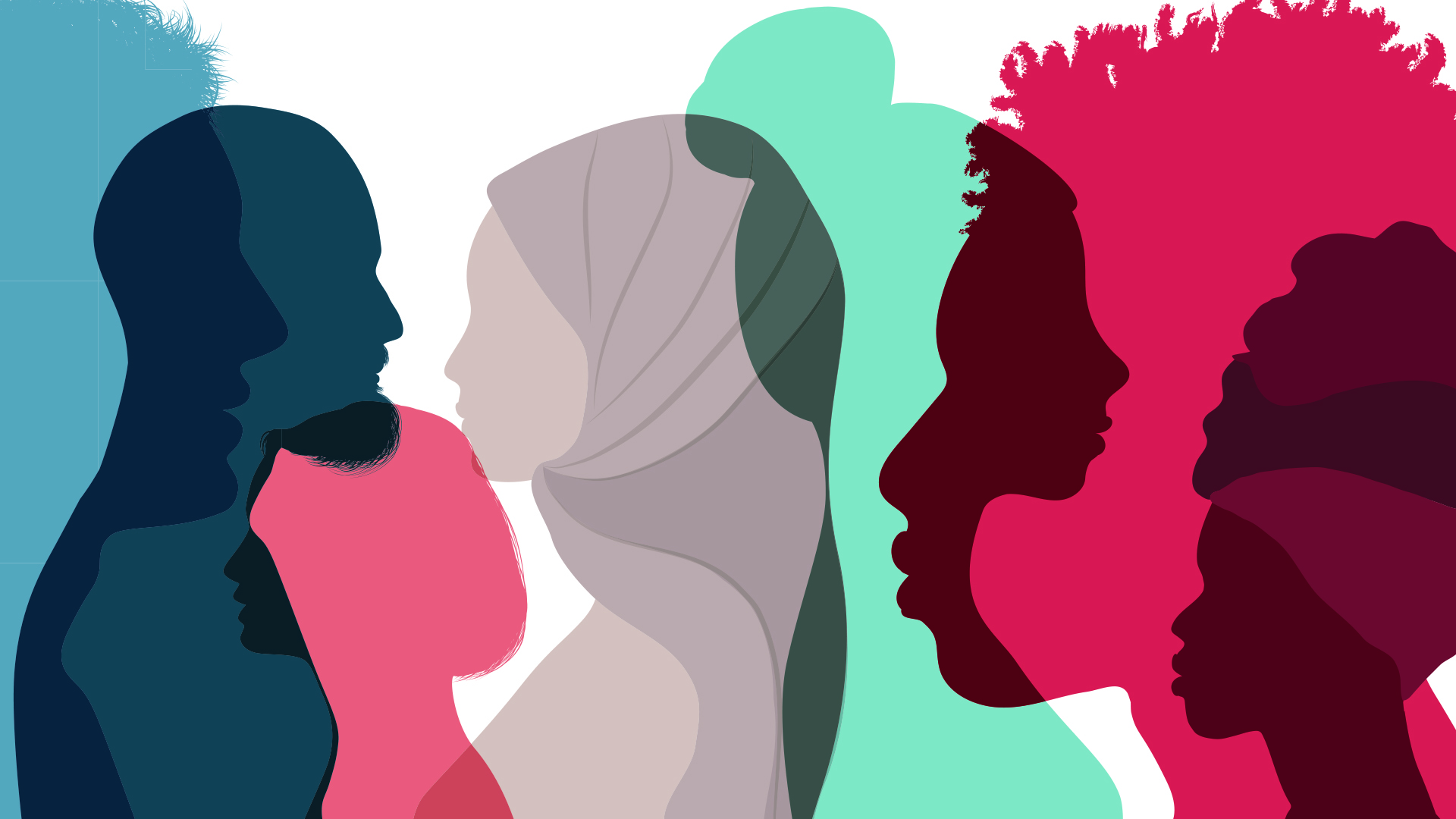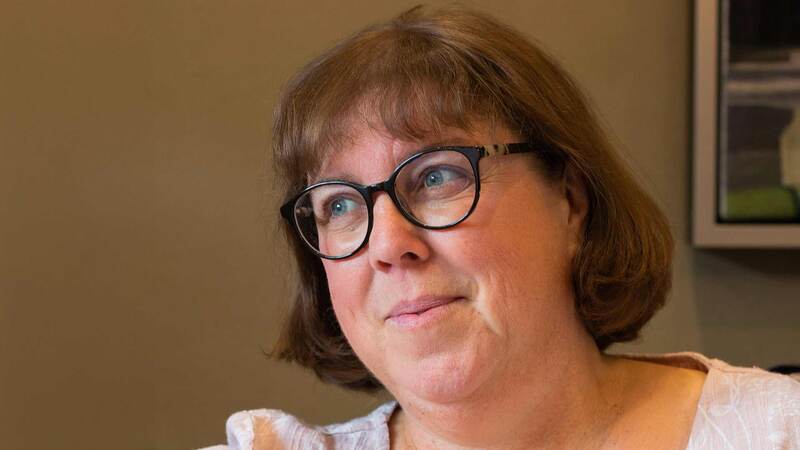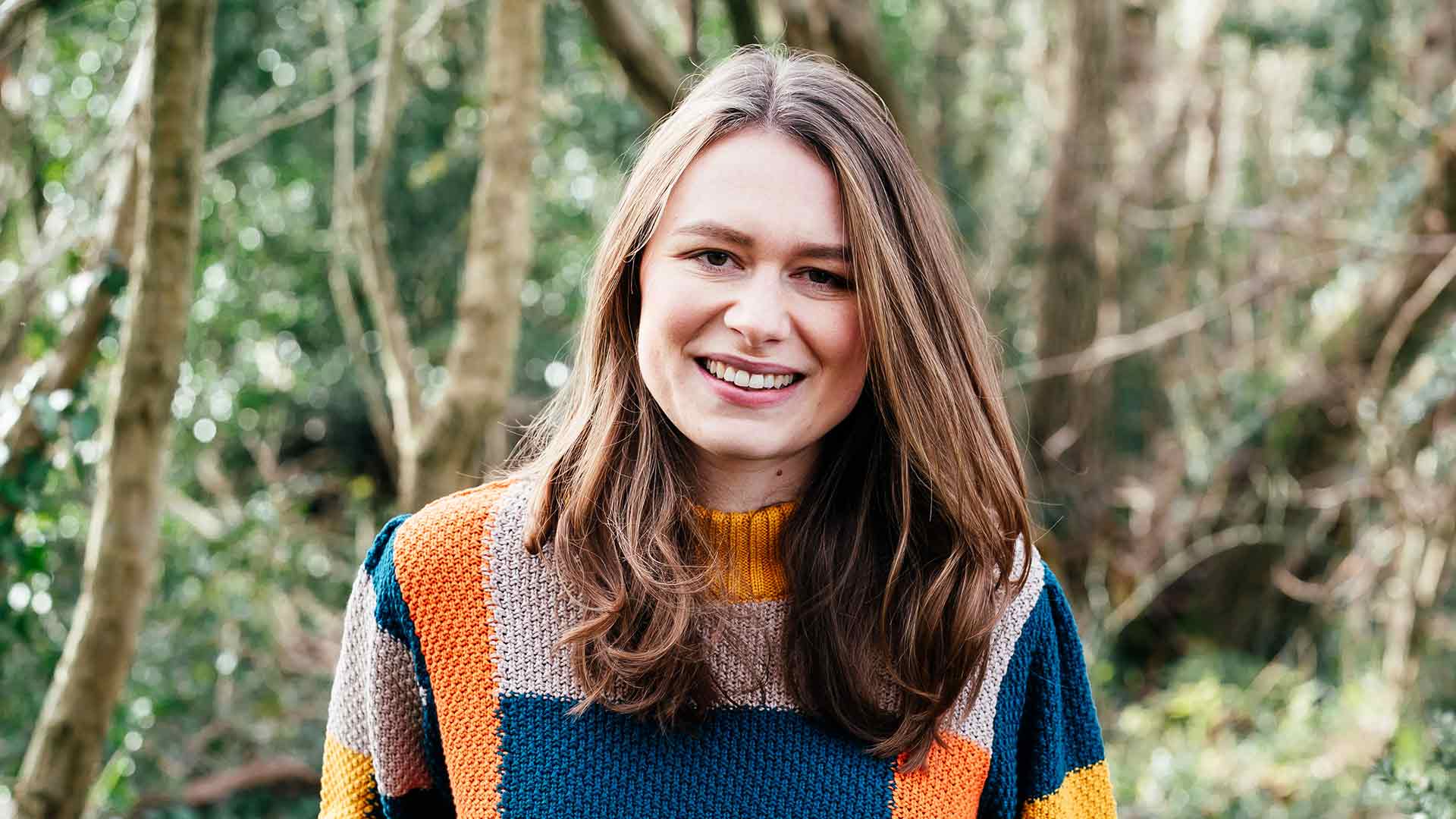You are viewing your 1 free article this month. Login to read more articles.
Championing creativity
The dozen titles shortlisted for this year’s Jhalak Prizes will be introduced to readers by a range of new schemes and partnerships with institutions.
While we are still far from achieving equity, the current cycle of Jhalak Prizes received more submissions than previous years, which signals a step in the right direction. More importantly, the submissions reveal a range and variety of genres, styles and forms, as well as publishers taking on not only upcoming and début writers but also veteran authors who have honed their craft for years, even decades. There is also growing evidence that writers of colour are also increasingly carving out spaces in popular fiction and non-fiction categories that have often ignored us.
Some general patterns remain: small, independent publishers are still leading the way in publishing and supporting groundbreaking work from both new and established writers. While the larger houses are publishing more writers of colour—and very often, publishing us well—there is often a sense that they seem unable to platform us effectively. Furthermore, too many writers of colour at all stages of their career continue to feel unsupported in their creative practice. This is in part due to the overall make-up of publishing, where diversity of staff remains minimal, which in turn impacts how and where writers of colour are (not) platformed.
It is now clearer than ever that lack of diversity—at all levels of the industry—is commercially damaging. When one of every three children in schools in England and Wales is from an ethnic minority, not actively seeking to develop and nurture this present and future customer base is self-destructive
Although the Jhalak Prize can only lobby for more comprehensive, deep-rooted and sustainable changes to the industry, this year we have taken some initial steps to help writers feel supported and involved in wider writing communities. Our partnership with the London Library provides all our shortlistees with a free year-long membership, with our two winners receiving two-year complimentary memberships. In addition, the prize is working closely with the London Library to induct our shortlistees to the library and showcase their work at celebratory events. The partnership hopes to extend reading and writing resources, and enhance potential writing spaces and networking opportunities for our shortlistees.
It is now clearer than ever that lack of diversity—at all levels of the industry—is commercially damaging. When one of every three children in schools in England and Wales is from an ethnic minority, not actively seeking to develop and nurture this present and future customer base is self-destructive. However, reaching this customer base requires re-imagining not only editorial decisions but also design, marketing, PR and sales.
The Jhalak Prize partnership with National Book Tokens intends to highlight the potential of this customer base. The partnership means that bookshops up and down the country will support Jhalak Prize-shortlisted titles with creative in-store displays and promotions across websites and social media. Waterstones, Foyles, Blackwell’s, Bookshop.org and more than 120 independent bookshops will promote our shortlists this year.
Moreover, for a second year, 12 independent bookshops across Britain will not only promote our shortlists but also champion a shortlisted book, with author events, podcasts, giveaways and more. Our first year of working with our “bookshop champions” in 2021 demonstrated that independent bookshops are best placed to reach readers in their communities and can not only showcase (and sell) books by writers of colour, but also nurture an expanding base of potential book-buyers.
Reaching out
We also continue to bring books by writers of colour to readers across Britain with the Jhalak Books to Readers scheme, which not only donates books to community and school libraries each year, but also partners donors with independent booksellers to ensure books from our longlists reach readers in communities through donations to community and school libraries, soup kitchens, refugee centres and other community support initiatives. Through the programme, we reach readers who are often excluded for social, economic or even geographical reasons as well as extend the readership of a broad base of writers of colour in the country.
As well as rewarding literary excellence, the Jhalak Prize also aims to serve as a strategic intervention for equity and justice for writers and readers. Since inception, our partnerships with organisations—from the two mentioned above to the Authors’ Club and the British Library—and individuals, as well as our own projects such as the Jhalak Art Residencies (now expanded to include illustrators of colour), have aimed to highlight the astonishing array of creatives of colour in Britain.
We drew inspiration from literary prizes including the Polari Prize and Little Rebels Award and we have since been proud to join a range of prizes—including the Diverse Books Awards, the Barbellion Prize and the Republic of Consciousness Prize—to push forward a broad-based agenda of inclusion, equity and justice in publishing.
The progress has been slow but we are seeing an increasing number of writers of colour showcased in bookshop windows and on prize and bestseller lists, festival programmes, magazine covers, and even hoardings and posters. While we can always do better, this is a good moment to pause and celebrate the extraordinary range of creativity and talent on the Jhalak shortlists.
Sunny Singh is an academic and writer of fiction and creative non-fiction. She is professor of creative writing and inclusion in the arts at London Metropolitan University.



















